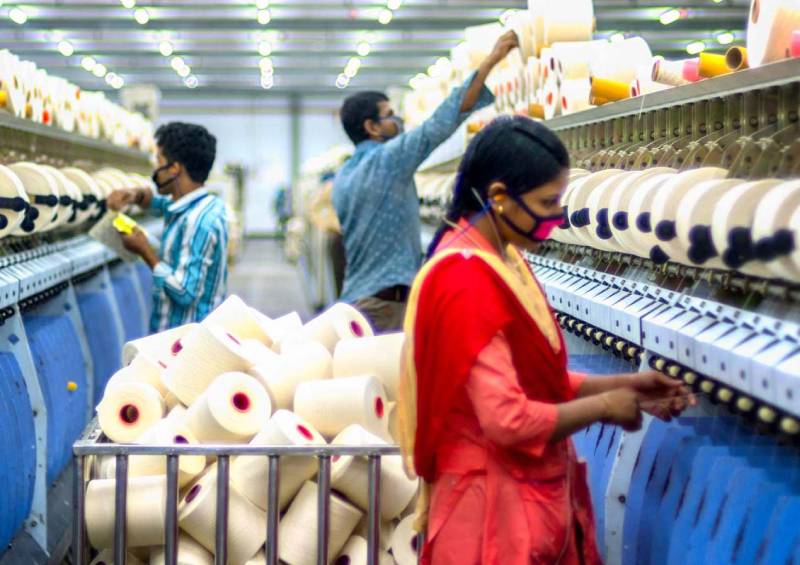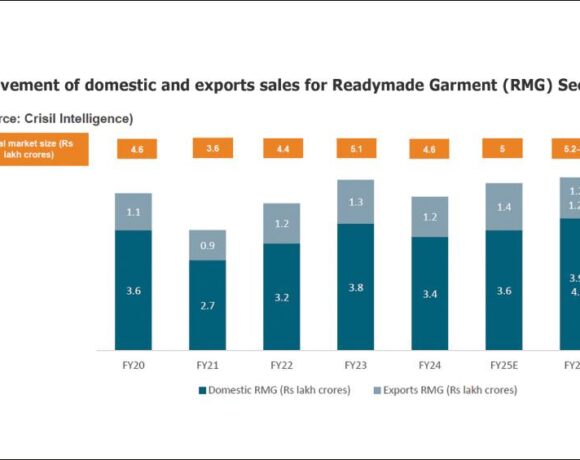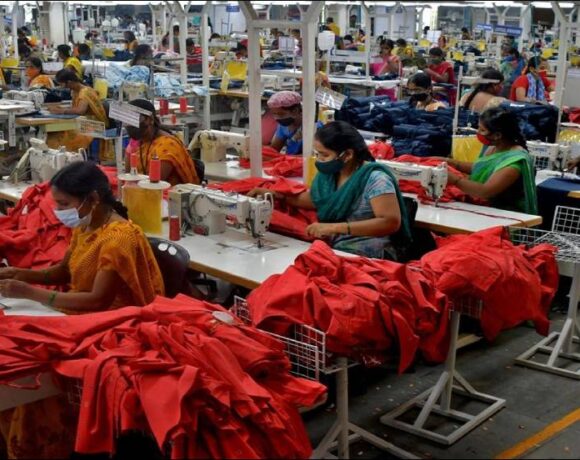Bangladesh Govt’s Proposed Minimum Wage Of Tk 10,000 For Textile Sector Stirs Controversy

The Bangladesh government is poised to finalize the minimum monthly wage for textile workers at Tk 10,000, a move that comes three months after the minimum wage for garment workers was raised to Tk 12,500. However, this decision has ignited a contentious debate, with labour leaders deeming the proposed wage “unacceptable” amidst soaring inflation and market prices.
In defence of the proposed wage hike, textile entrepreneurs argue that it represents a significant increase compared to previous levels and highlight the lighter workload in the textile sector compared to garment work.
Raisa Afroz, Secretary of the Minimum Wage Board, has confirmed that the draft of the minimum wage for textile workers has been finalized, with a gazette notification expected soon. She asserted that the decision was reached with the consensus of both factory owners and workers’ representatives.
Monsoor Ahmed, acting Secretary-General of the Bangladesh Textile Mills Association (BTMA), emphasized that the proposed minimum wage, set at Tk 10,000, signifies a substantial 75% increase compared to the garment sector’s 56% hike. However, Taslima Akhter, President of the Bangladesh Garment Sramik Sanghati, and Kutubuddin Ahmed, General Secretary of IndustriALL Bangladesh Council, criticize the proposed wage hike as inadequate to meet workers’ daily needs.
Despite dissenting voices, Md Shahjahan Saju, the worker representative on the wage board for the textile sector, disclosed that all parties on the board settled on Tk 10,000, although their initial demand was Tk 25,600. The proposed wage increase has sparked dissatisfaction among textile workers, echoing similar grievances seen in the garment industry.
The proposed wage hike for textile workers follows a similar increase in the garment sector, where demands for higher wages were met with government settlement on Tk 12,500. However, dissatisfaction remains prevalent in both sectors, with calls for wage revisions in line with living expenses.














